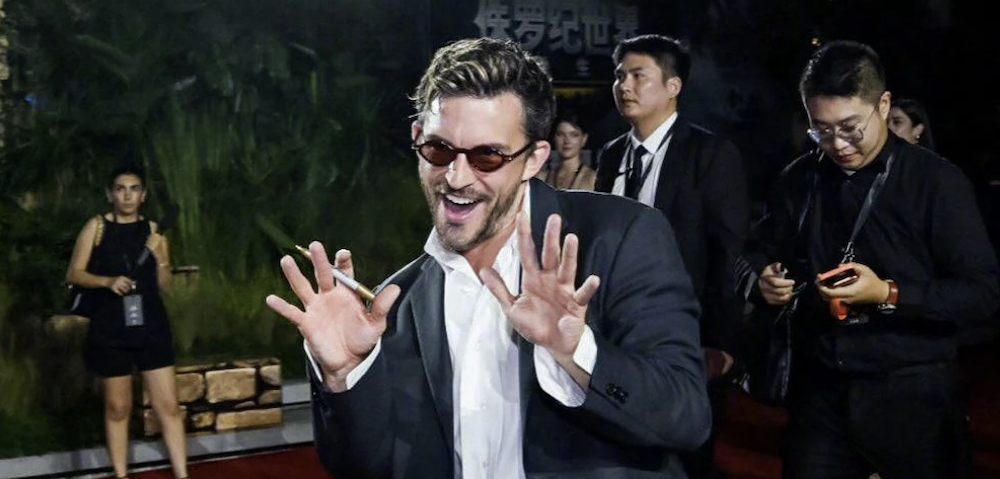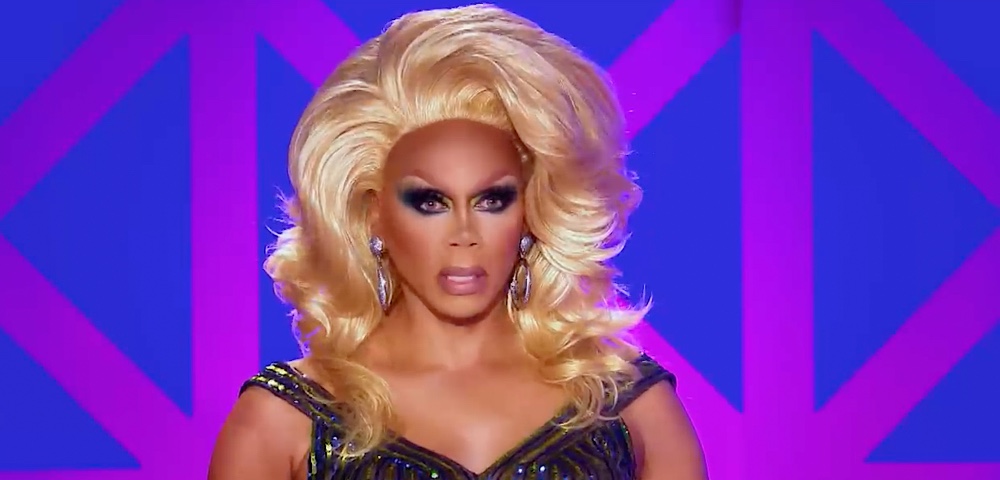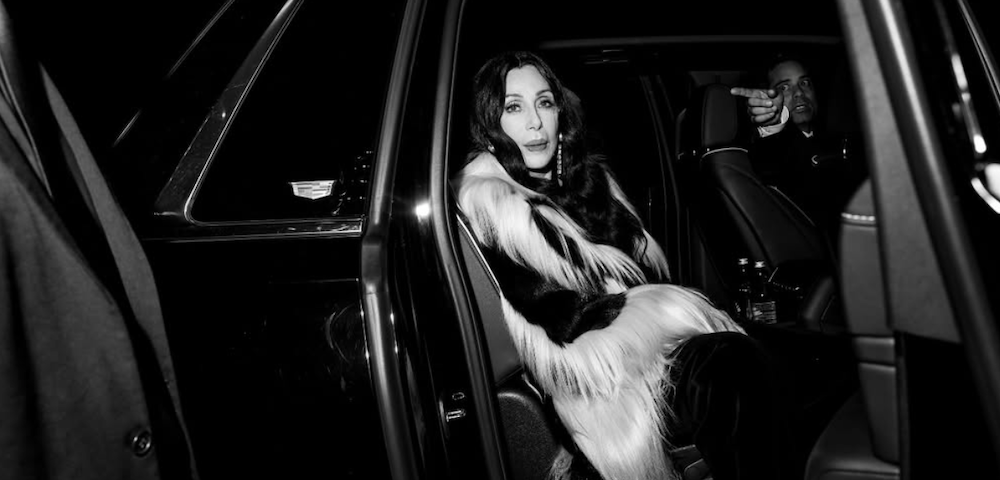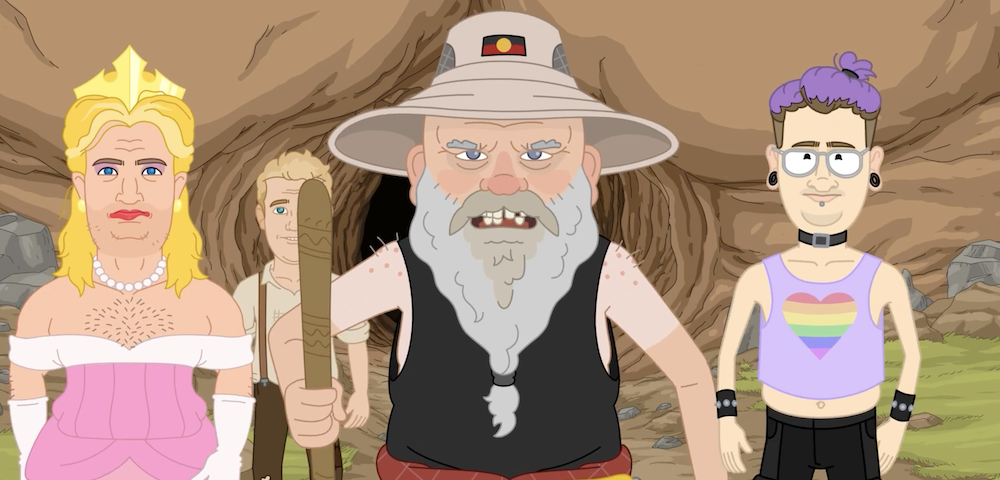
Rainbow House Club Closes Permanently, Future Of Venue Uncertain
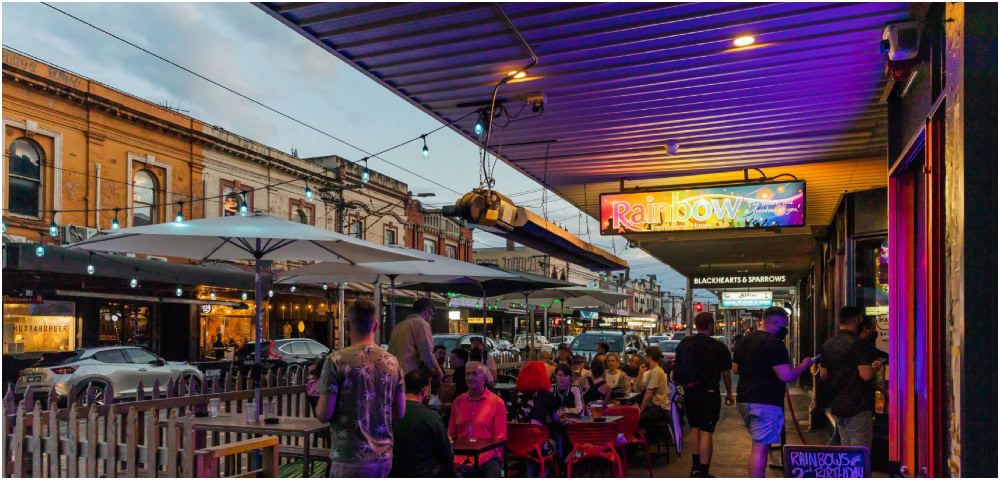
Queer nightlife venue Rainbow House Club has closed permanently following a years-long community boycott, with the business rebranding to ‘Crumps House Club’.
Once a popular player in Melbourne’s Smith Street ‘gaybourhood’, the venue was renowned for hosting diverse and eccentric performers, and held strong appeal with fem, non-binary, and transgender community members.
Following a string of allegations that the club owners had unfairly dismissed staff, fostered unsafe work conditions, engaged in wage theft, and held homophobic views, Melbourne’s Queer community boycotted the venue.
“Myself and countless Queer artists and hospo workers tried desperately to keep Rainbow House Club open and safe for many years, to not only provide an alternative Queer space for those who needed it, but to keep Smith Street a destination for Queer folk,” former venue manager Stevie Valentine said.
“In the end, there was no helping the owner who despite not being part of the community thought he knew what we needed better than we did.”
Crumps House Club
The building now stands dormant, with black curtains concealing its once lively interior.
A slip of paper posted to the wall states that Rainbow House Club has “vacated these premises”, although the ABN remains active under the business name ‘Crumps House Club’.
Star Observer understands processes are underway for a new tenant to take over the lease for Crumps House Club.

An Inclusive Queer Space
Drag queen Bettie Rosé, who previously hosted weekly performance night ‘That’s Hot’ at Rainbow House Club, said the venue once offered a home for community members who didn’t feel welcome in more mainstream Queer nightlife.
“When Rainbow was at its height, when it was that inclusive home for all of us that didn’t feel included in the traditional Queer spaces, it was the most amazing, beautiful place to work,” she said.
Rosé said Rainbow House platformed a diversity of performers from different intersections of the LGBTQI community, compared to other clubs whose lineups often feature strong showings of white male drag queens.
“Rainbow booked the highest amount of AFAB [assigned female at birth] performers, BIPOC performers, trans performers,” she said.

Opportunities for AFAB Performers
Keely Wins and Danni Ray previously hosted ‘Froth Fridays’ at Rainbow House Club as drag king duo Dazza and Keif, and said it was an “amazing experience” to be given a weekly performance night.
“We would platform other drag kings and other performers that don’t fit into the traditional drag queen box,” Wins said.
Ray said there still remained a lack of opportunities among queer venues for performers that weren’t cisgender male drag queens.
“There’s a bit of a gap and a trend of a lack of places especially for AFAB and non binary performers to get booked regularly,” Ray said.

Lack of Community Trust
While the face of Rainbow House Club has changed, the lack of trust in the venue runs deep in Melbourne’s Queer community.
Rosé said she had received threats from the club owners, while Valentine said he knew of artists and vendors who were still owed money.
“[The artists and vendors] will likely never see these funds now that they [Rainbow House Club] have been closed down and have seemingly disappeared,” Valentine said.
Star Observer approached the owners of Rainbow House Club for comment but received a response that they were “not interested in a story.”




